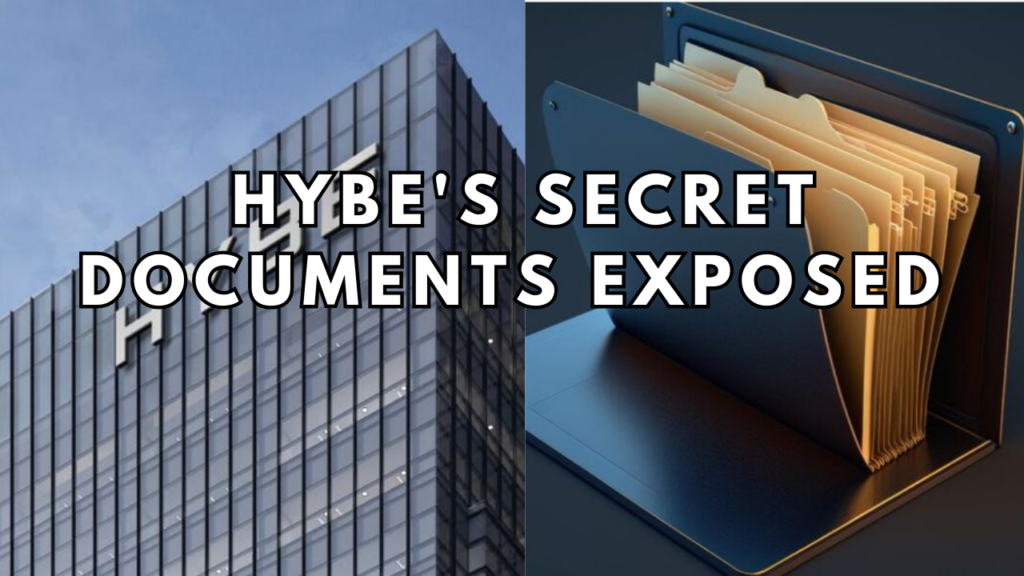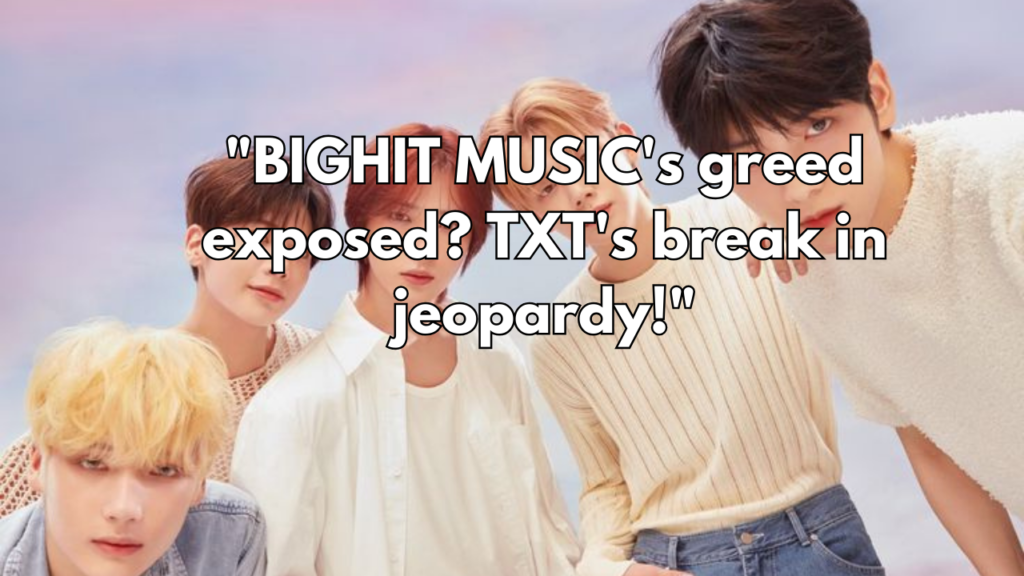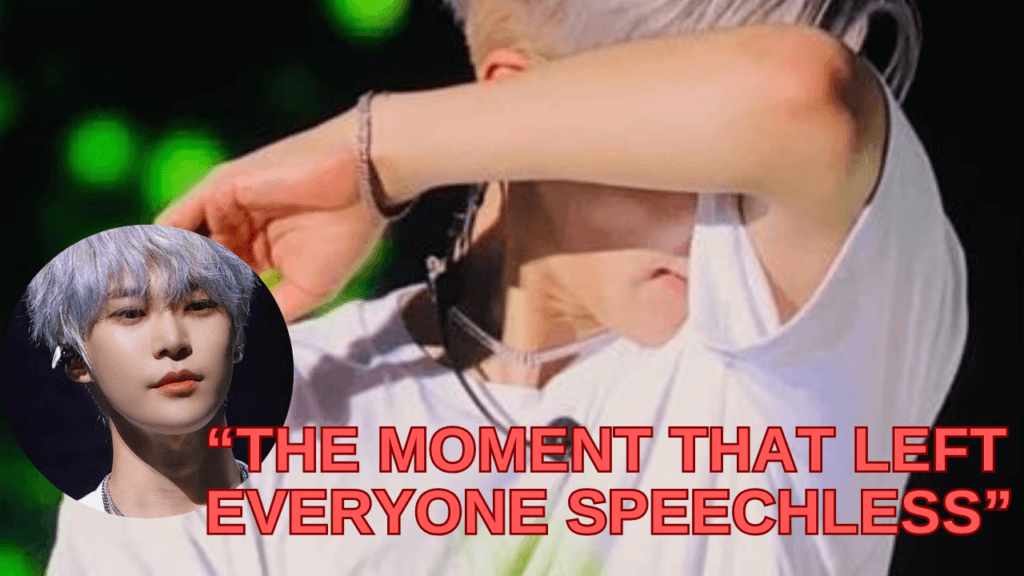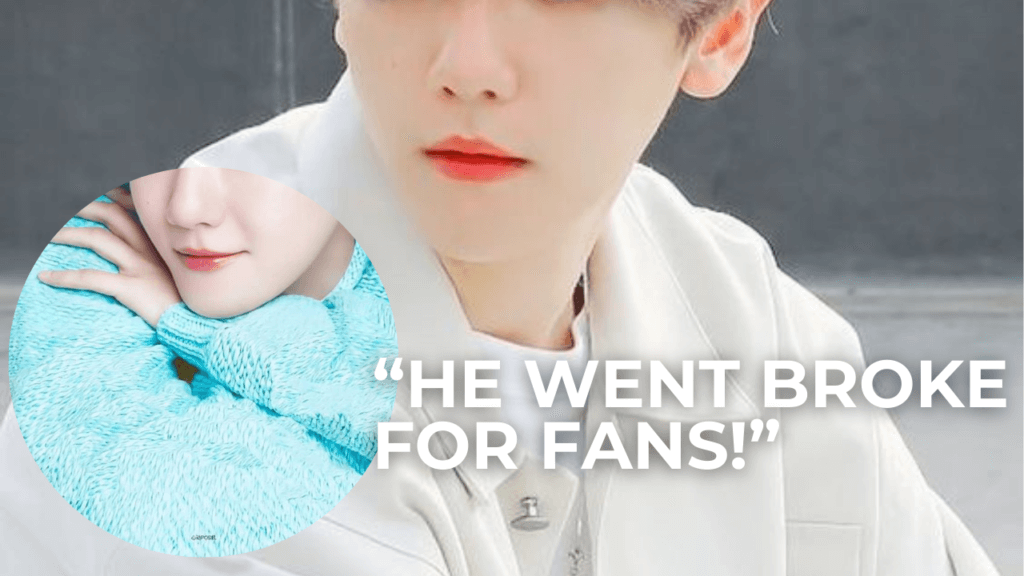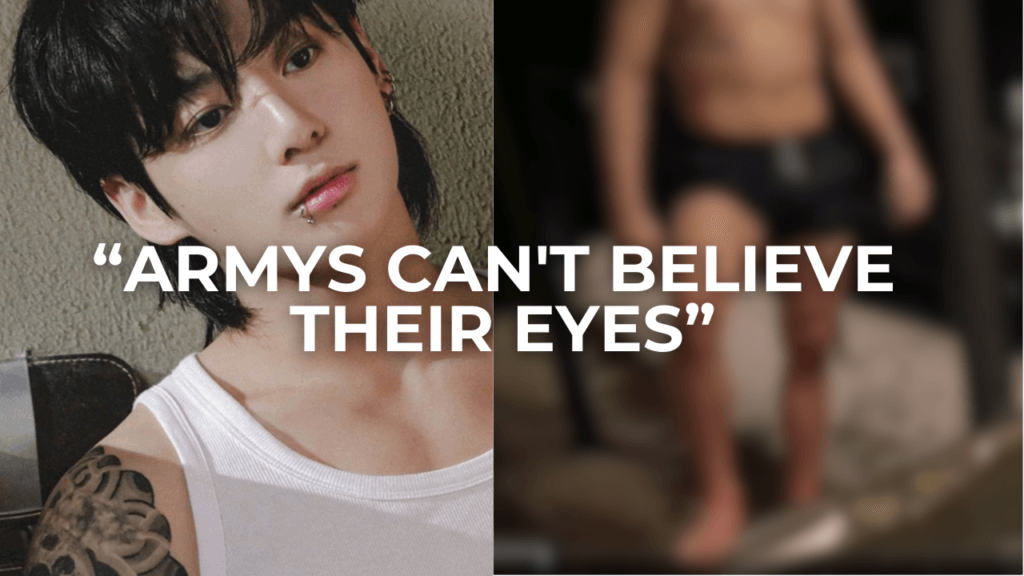HYBE’s CEO Lee Jae Sang has issued a formal apology regarding controversial internal documents that have sent shockwaves through the K-pop industry. The leaked documents, an extensive collection spanning approximately 18,000 pages, contained inappropriate comments and sensitive information about various K-pop artists and their activities. This unprecedented incident has sparked significant debate and concern within the entertainment sector, leading to widespread discussions about industry ethics and corporate responsibility.
Understanding the Document Controversy
The controversy first emerged during a crucial meeting at the National Assembly’s Culture, Sports, and Tourism Committee audit on October 24. The documents in question included detailed weekly music industry reports containing sensitive observations and comments about artists from various entertainment companies. These reports went beyond professional analysis, including personal remarks about artists’ appearances and unverified industry rumors, raising serious ethical concerns.
Former ADOR CEO Min Hee Jin’s initial response highlighted the controversial nature of these documents, suggesting they might have been created for propaganda purposes. The revelation of these documents has led to intense scrutiny of HYBE’s internal practices and raised questions about industry-wide monitoring practices.
HYBE CEO’s Response to Internal Documents
Lee Jae Sang took decisive action by acknowledging the inappropriate nature of the documents in his official statement. He emphasized that these documents were originally intended for limited internal circulation among leadership, but their content crossed professional boundaries. The CEO has implemented immediate corrective measures, including halting the creation of such monitoring documents and promising to establish stronger internal controls to prevent similar incidents.
The company has also taken steps to address the situation by removing the former editor-in-chief responsible for compiling these documents from their position. This action demonstrates HYBE’s commitment to maintaining professional standards and accountability within the organization.
Impact on K-pop Industry Relations
HYBE has initiated direct communication channels with affected agencies to address the situation professionally. The company is actively reaching out to individual artists and their agencies mentioned in the documents, offering personal apologies through official channels. This approach demonstrates HYBE’s commitment to maintaining and repairing professional relationships within the industry.
The incident has prompted discussions about industry-wide practices regarding internal documentation and monitoring systems. Many entertainment companies are now reviewing their own internal protocols to prevent similar situations from occurring.
Final Thoughts: Moving Forward After HYBE’s Internal Documents Controversy
The incident has prompted HYBE to implement stricter guidelines for internal communications and documentation practices. The company has pledged to contribute positively to the K-pop industry’s development by fostering more transparent and ethical business practices. This situation serves as a watershed moment for the industry, potentially leading to improved standards for internal communications and artist monitoring practices.
What are your thoughts on how this situation might affect the future of K-pop industry relations and internal corporate practices?

